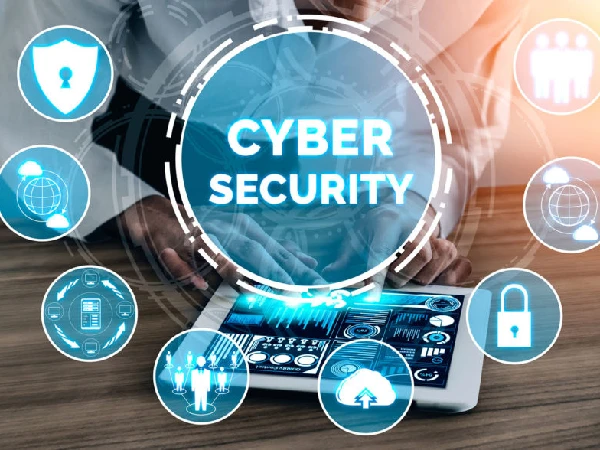In today’s hyperconnected world, where our personal and professional lives increasingly revolve around digital platforms, cybersecurity has become more critical than ever. From financial transactions to sensitive personal information, our digital footprints are extensive, making us potential targets for cybercriminals. To help you protect yourself online, here are some essential cybersecurity tips to keep in mind.
1. Strong Passwords Are Your First Line of Defense
Passwords are often the first barrier between your data and cybercriminals. Ensure your passwords are strong, complex, and unique for each online account. Avoid common phrases or easily guessable information like birthdays. Instead, use a mix of upper and lower case letters, numbers, and special characters. Consider using a passphrase, which is a longer, memorable combination of words and characters.
2. Enable Two-Factor Authentication (2FA)
Two-factor authentication adds an extra layer of security to your accounts. Even if someone manages to obtain your password, they won’t be able to access your account without the second factor, which is often a code sent to your mobile device. Enable 2FA wherever possible, especially for critical accounts like email and banking.
3. Keep Software and Devices Updated
Cybercriminals often exploit vulnerabilities in outdated software and operating systems. Regularly update your operating system, applications, and antivirus software to patch security holes. Set your devices to update automatically whenever possible.
4. Be Cautious of Phishing Attempts
Phishing attacks use deceptive emails or websites to trick you into revealing personal information or login credentials. Be skeptical of unsolicited emails, especially those requesting sensitive information or urgent action. Check for email senders’ legitimacy and hover over links to preview their destinations before clicking.
5. Educate Yourself and Stay Informed
Cyber threats are constantly evolving. Educate yourself about the latest scams, malware, and cybersecurity best practices. Follow cybersecurity news sources and stay informed about emerging threats and vulnerabilities. Knowledge is your best defense.
6. Secure Your Wi-Fi Network
Your home Wi-Fi network can be an entry point for cybercriminals. Change the default router password and use a strong, unique passphrase for your network. Enable WPA3 encryption for stronger security. Additionally, consider setting up a guest network to keep your primary network separate from visitors’ devices.
7. Use a Virtual Private Network (VPN)
A VPN encrypts your internet connection, making it more difficult for hackers to intercept your data. This is particularly important when using public Wi-Fi networks, as they are often less secure. Choose a reputable VPN service to enhance your online privacy.
8. Back Up Your Data Regularly
Data loss can result from various cybersecurity incidents, including ransomware attacks or hardware failures. Regularly back up your important data to an external drive or a cloud service. Ensure your backups are automated and stored securely.
9. Lock Your Devices
Use strong PINs, passwords, or biometric authentication (fingerprint or facial recognition) to lock your devices. This helps prevent unauthorized access to your smartphone, tablet, or computer in case they are lost or stolen.
10. Be Cautious with Social Media Sharing
Cybercriminals can gather information from your social media profiles to launch targeted attacks. Limit the amount of personal information you share publicly. Review your privacy settings to control who can see your posts and information.
11. Monitor Your Financial Accounts
Regularly review your bank and credit card statements for any suspicious or unauthorized transactions. Report any discrepancies to your financial institution immediately. Many institutions offer fraud protection services, so take advantage of them.
12. Use Encrypted Communication
When sharing sensitive information or conducting private conversations, use encrypted communication tools such as end-to-end encrypted messaging apps. This ensures that your messages remain confidential.
Cybersecurity is an ongoing effort that requires vigilance and proactive measures. By following these essential cybersecurity tips and staying informed about the latest threats and best practices, you can significantly reduce your risk of falling victim to cyberattacks. Remember that cybersecurity is not just an individual responsibility; it’s a collective effort to create a safer digital world for everyone.

